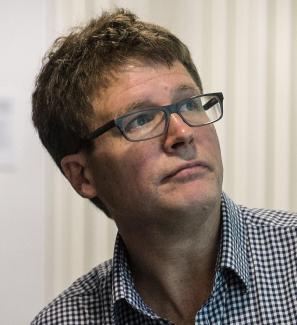Supporting Pakistan’s power sector reforms
Pakistan's power sector is in deep need of reform. It suffers from chronic shortages, not due to a lack of supply, but because of the financial woes of the public distribution companies operating throughout Pakistan.
Only 71% of the electricity sold for use across the country is recovered through bills. The total ‘circular debt’ of the electricity sector amounts to nearly 2% of GDP, with projected losses only expected to increase in the future unless the course is changed. If left unaddressed, these large losses risk collapsing the sector. The weak fiscal state of the power sector is having direct consequences on Pakistan’s fiscal deficit, and as they are under close watch by the IMF, on the country’s ability to access international finance on good terms.
Pakistan has recently formed a Task Force on Energy Reforms, initiated by Prime Minister Imran Khan. The task force will work closely with the Ministry of Energy on implementing policies that guarantee the availability, affordability and sustainability of the sector, which is the first serious step taken to work towards addressing these challenges in the power sector.
The objective of this project is to jointly design interventions that can aggressively tackle power sector losses at scale to improve grid reliability. Fundamentally, these interventions all address the social norm that electricity is seen as a right and not a private good to be paid. Particularly, the researchers aim to interact the large-scale roll-out of technology (smart meters and aerial bundle cables) with enforcement incentives (for collection, payment and anti-theft) at scale to evaluate their impacts on reducing losses.






